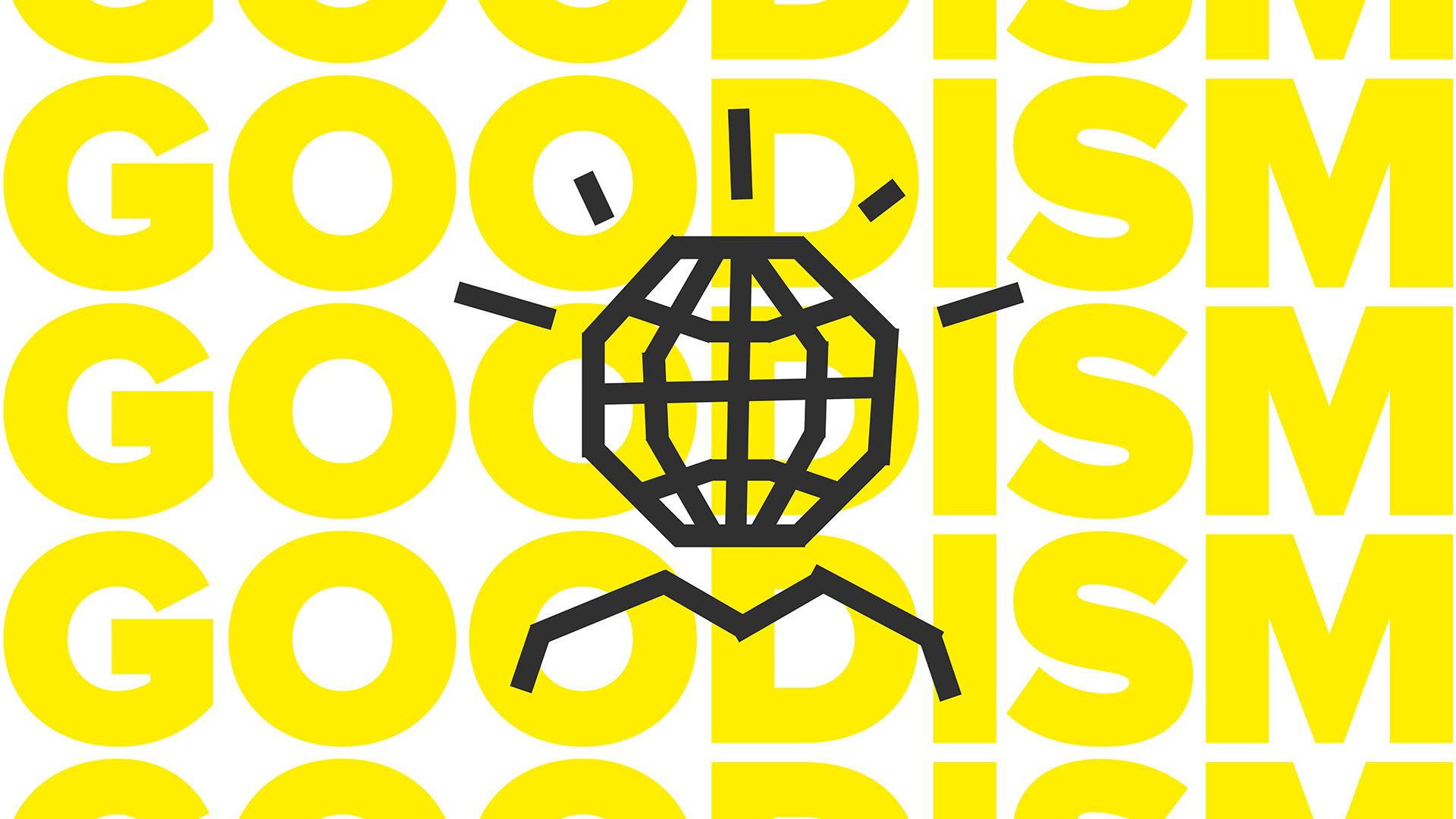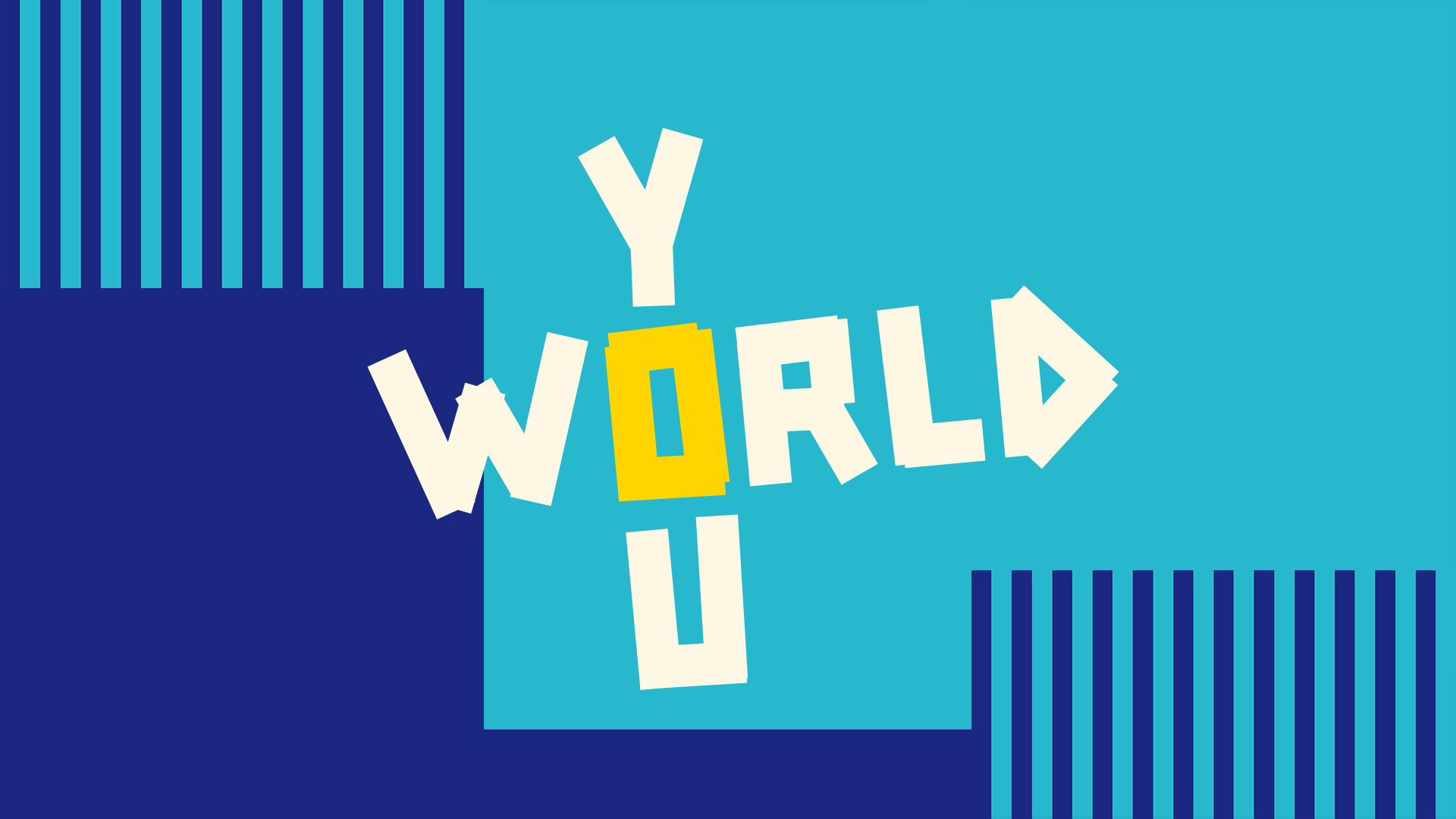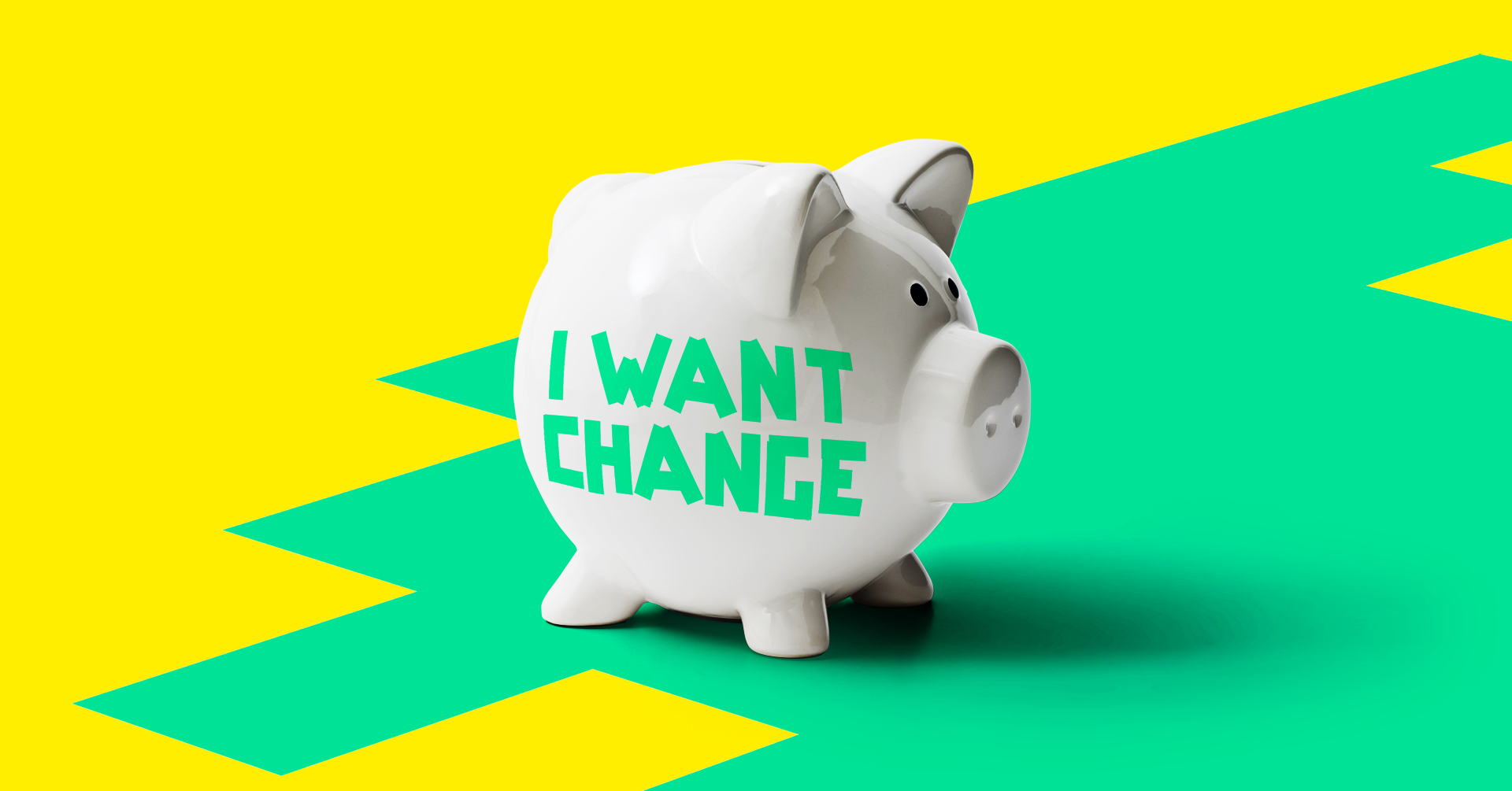Coaching is much more than a support to a personally fulfilled life. We can also use the potential of Coaching for issues of pressing necessity, such as sustainability, in order to tackle great challenges through convincing visions and effective strategies.
Change starts with each individual.
Whether consumption, mobility or energy, everyone can do something. It’s not about a few doing everything perfectly, but about many making their individual contribution to a livable future. There are 17 Sustainable Development Goals. I think there is something for everyone. We have this strength and it has to be strengthened – through personality development.
What Coaching can do is to stabilise self-efficacy. Self-efficacy is the belief in oneself and one’s own abilities. It also means assuming that one can make an impact in the world rather than seeing circumstances as causal. Thus, self-efficacy is part of one’s own resistance to external circumstances.
When talking about sustainable development, it is important that we understand why we should (not) do something. At best, the motivation comes out of ourselves. That’s why we should start at the core of the personality. This means (re-)defining and living our own unconditioned values.
How would our world change if everyone would find out for himself what sustainability means to him personally? What ideas would emerge by supporting people in their thinking process? This would give us a chance to achieve real, sustainable change. I don’t believe that a person who lives by their own values and is truly aware of their actions is inclined to think positive about the plastic waste in the ocean. Only when we become aware of the drivers and effects of our actions, we will realise that. If the background is not clear and the consequences are not tangible enough, it’s all the more difficult to change anything – ask prospective non-smokers.
Sustainability can only be achieved to the necessary extent by a real social change and if we humans embody the concept of sustainability in our heads.
Personality development should not only be part of education, but the goal.
One existing important approach to sustainability is education for sustainable development. Education is required in order to understand the complex correlations and implications of our behaviour.
However, I think that personality development is equally crucial. The important difference to education is that the change is not applied to people, but they recognise the necessity itself. It creates a lasting, deep, emotional experience that is stronger than the pure transmission of knowledge.
One of the basic assumptions in Coaching is that a person’s behaviour is the best option they have at that time. In addition, people basically make the best subjective choice within their model of the world. Every person is an expert in their own life. You can’t be an expert on someone else’s life. If you try to solve the sustainability issue with prohibitions only, this can’t be effective. The basis for successful communication is a trusting relationship at eye level. A relationship characterised by mutual appreciation. This applies to Coaching as well as to any other interpersonal communication.
Only if we know our values and abilities and are willing to take responsibility, sustainable change can be achieved. Our own self-image is the cornerstone for actively shaping the future. It is worth to invest in personality development to find out what people need in order to reach their own potential and to develop independently and sustainably.
Coaching allows us to think deeply about what is happening in us and our world and how we can contribute to create a better world for all. Coaching can help to use individual abilities in a way that we can master these big challenges and maybe even create entirely new human, ecological and economic developments.
I believe that personality development is the key, if not even the catalyst, for a better world.
As an example, the younger generations are particularly committed to these topics. Not only because they see the urgency, but because they no longer live up to old values.
Goodism as a project for positive change that considers personal, environmental, economic and social factors.
Not long ago, I didn’t have the knowledge and the consciousness myself. I didn’t value quality or health, because I didn’t know better. I didn’t feel worth it myself and I did not pay attention to my environment. Besides, I was not aware of what I really wanted. Today, I know what is important to me, what I want and why. All these things were superimposed by supposed, external needs. Of course, by getting older I might have become more mature, more sensible or whatever you might call it, but I am sure that it has also changed by actively working on it.
Having figured this out for myself and having realised how ruthlessly we deal with our environment, I knew where I wanted to go. Meanwhile, sustainability and personality development are a part of me that is indispensable in my life. I focus on sustainable development to highlight both issues, but also their interaction. I want to give others the opportunity to create positive change for themselves and to define their contribution to the world.
For me, Goodism is the embodiment of this approach and my own attitude to life. It is the realisation of individuality in consideration of the environment. It looks inward without losing sight of the outside. It promotes responsibility, no blame. It creates connection, but no dependence. For a sustainable world in which we have developed an awareness of sustainability on our own.
Goodism doesn’t mean turning your life around 180 degrees by tomorrow. That wouldn’t work in the long term, because there is a risk of falling back into old habits. It is about the gradual creation of a sustainable and responsible way of life for yourself and your environment. This can look different for everyone. My Coaching philosophy includes own and systemic approaches for problem solving skills as well as their correlation. My blog provides impulses for individual behavioural changes and shares forward-thinking initiatives and stories about sustainable change on a personal and societal level.
What world could we create if everyone knew and pursued their own purpose? If we were to make use of the potential of all abandoned and new ideas? Wouldn’t it be a pity to waste this chance? What have you ever thought of, but not done?
I sincerely hope that this article will be thought-provoking and maybe even inspire you to bring Goodism into the world and become part of that mental transformation.
Yours,
Anna



